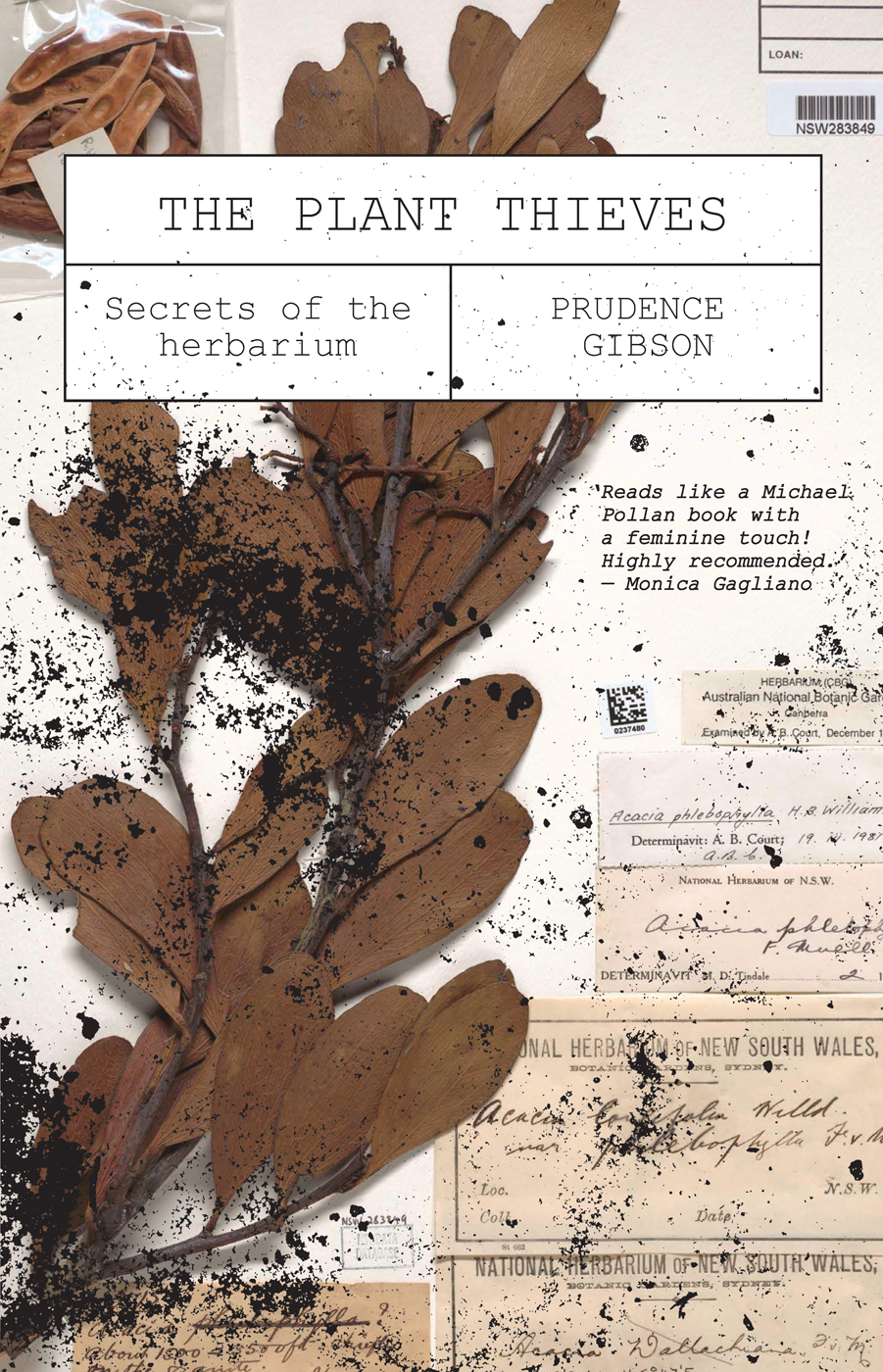

Most ebook files are in PDF format, so you can easily read them using various software such as Foxit Reader or directly on the Google Chrome browser.
Some ebook files are released by publishers in other formats such as .awz, .mobi, .epub, .fb2, etc. You may need to install specific software to read these formats on mobile/PC, such as Calibre.
Please read the tutorial at this link: https://ebookbell.com/faq
We offer FREE conversion to the popular formats you request; however, this may take some time. Therefore, right after payment, please email us, and we will try to provide the service as quickly as possible.
For some exceptional file formats or broken links (if any), please refrain from opening any disputes. Instead, email us first, and we will try to assist within a maximum of 6 hours.
EbookBell Team

0.0
0 reviewsThe Plant Thieves reveals remarkable stories from
the National Herbarium of New South Wales — its people, its archives and
its most guarded specimens.
Who gets to collect plants, name them, propagate them, extract their
chemicals, sell them and use them? Whose knowledge is it? And what can
the people that work with plants, just outside the law, teach us about
plant care?
In The Plant Thieves, Prudence Gibson explores the secrets of
the National Herbarium of New South Wales and unearths remarkable
stories of plant naming wars, rediscovered lost species, First Nations
agriculture, illegal drug labs and psychoactive plant knowledge.
Gibson reveals the tale of the anti-inflammatory plant that saved a
herbarium manager when she was collecting in the highlands of Papua New
Guinea, stories about the secret wollemi pine plantation (from one of
its botanical guardians) and the truth about a beach daisy that has
changed so much in 100 years that it needs to be completely
reclassified. She also follows the story of the black bean Songline, a
recent collaboration between Indigenous and non-Indigenous researchers,
to find the route of this important agriculture plant.
The Plant Thieves is both a lament for lost and disappearing
species and a celebration of being human, of wanting to collect things
and of learning more about plant life and ourselves.